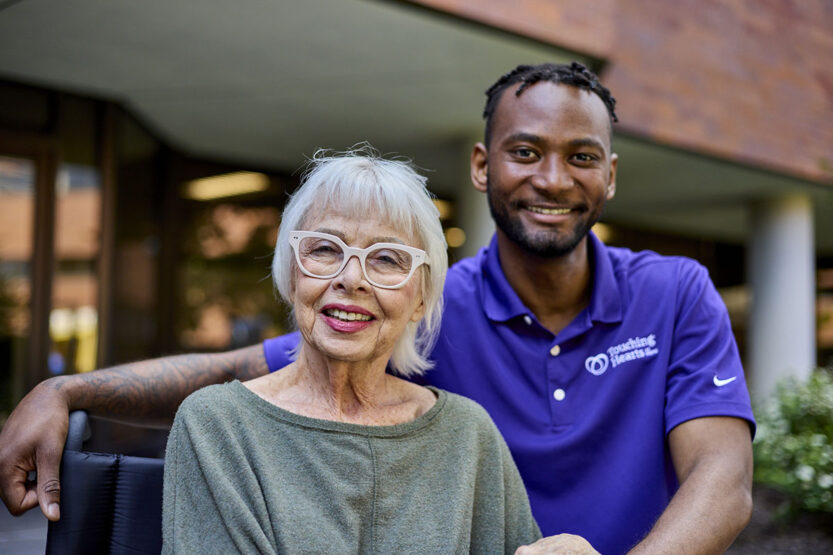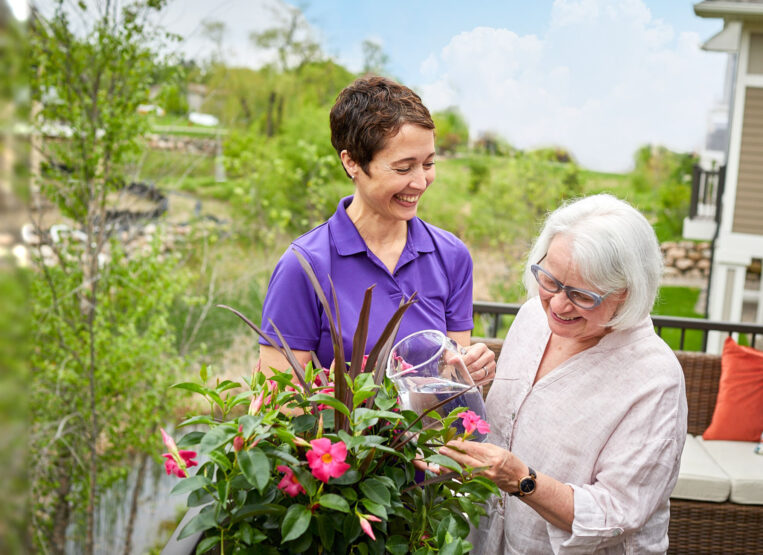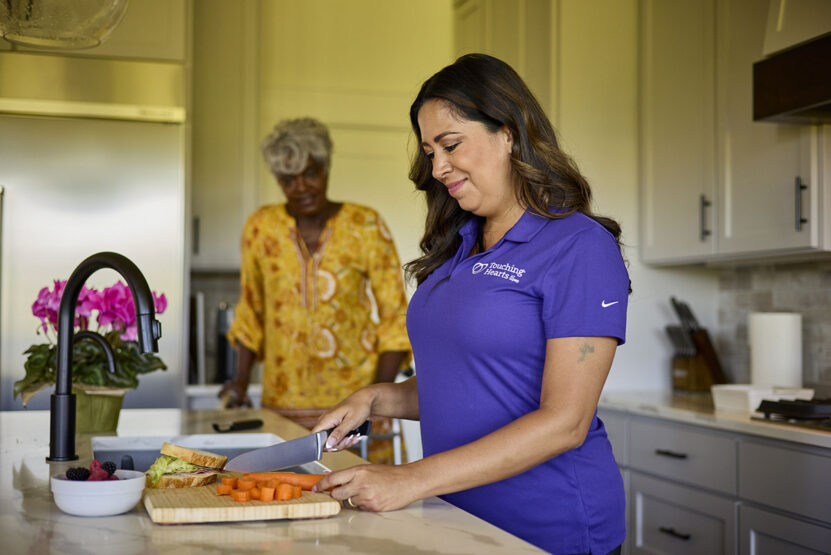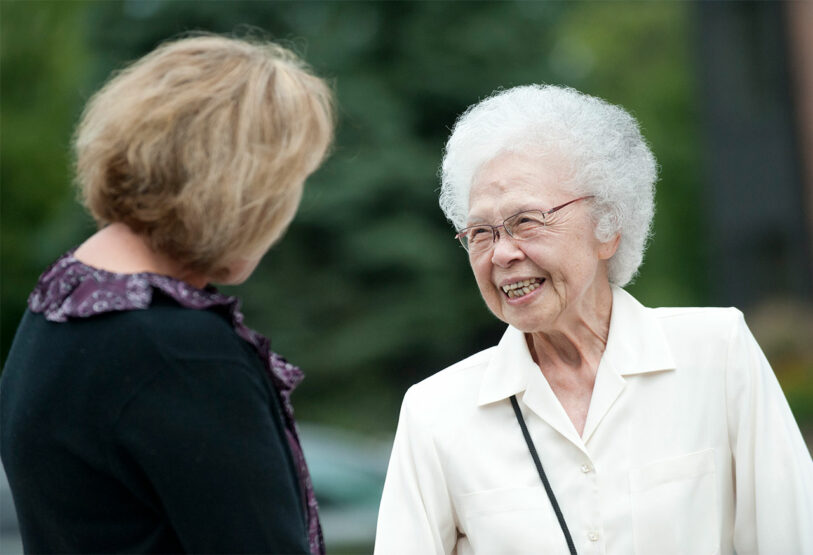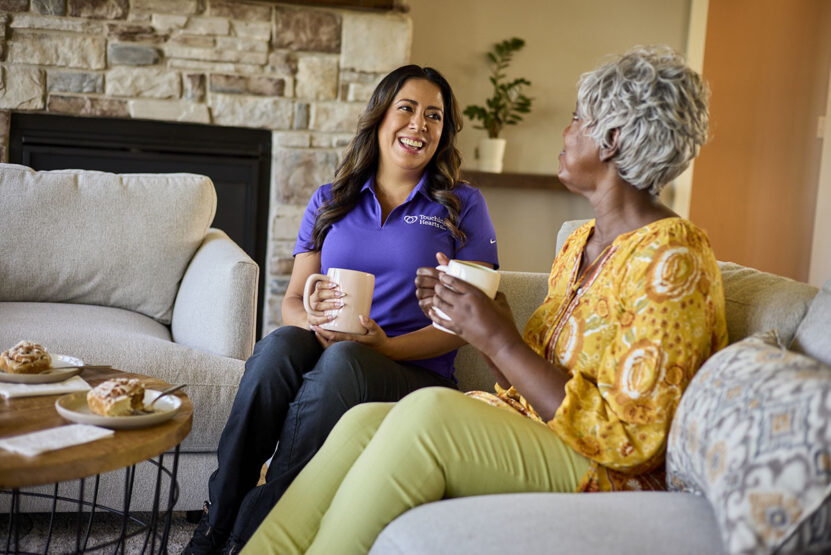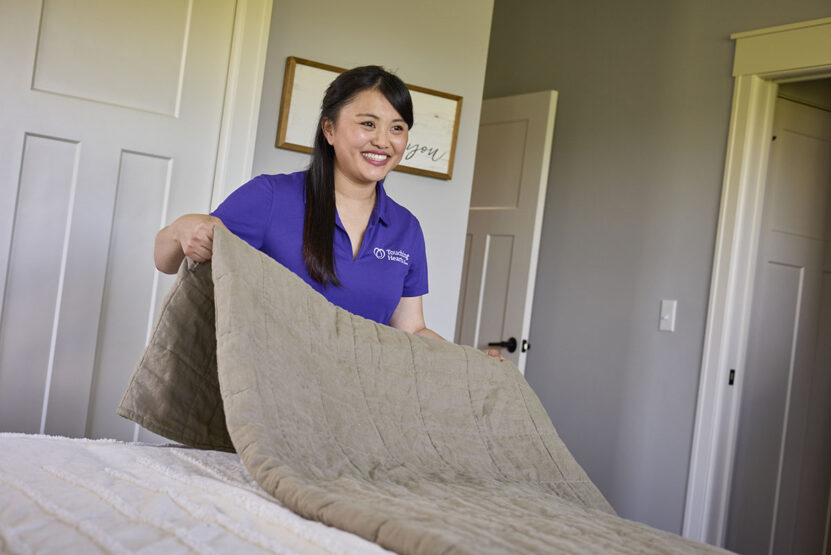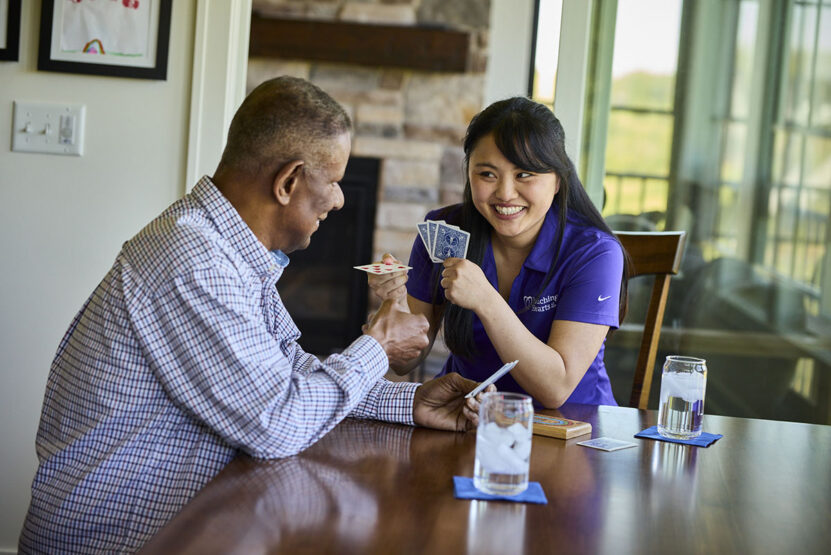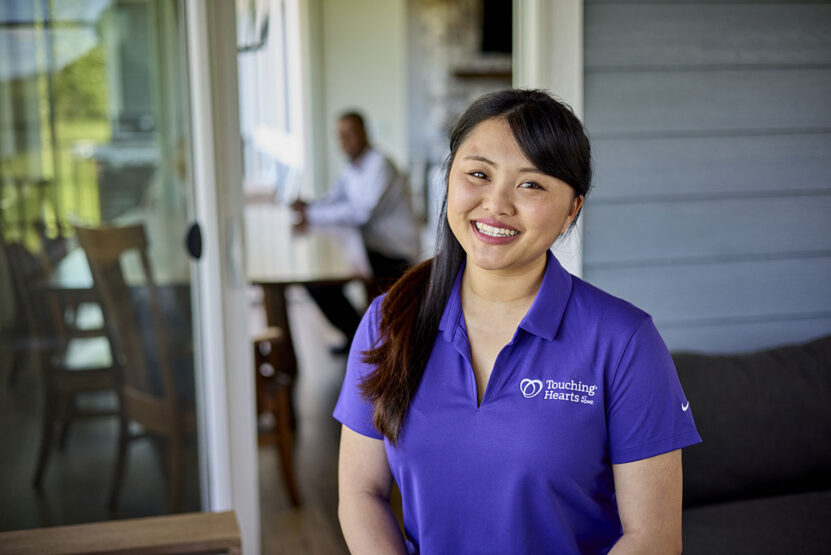Ageism
Some researchers believe that ageism, in the form of negative stereotypes, directly affects longevity.
In a study published by the American Psychological Association, Yale School of Public Health professor Becca Levy and her colleagues concluded that old people with positive perceptions of aging lived an average of 7.5 years longer than those with negative images of growing older.
Bobbie Sackman of New York City’s Council of Senior Centers and Services agrees.
“Boomers are not all white, middle-class suburbanites,” she said. “You will have the older people with greater resources, and that will in some ways change the image of aging.
But you will also have those with less resources, coming from groups that already had faced discrimination, and now they will have the age thing added to the mix.”
John Rother, policy director for the AARP, said the boomers, by their very numbers, are bound to change the public perception of aging.
“It will be more visible,” he said. “People will survive longer, in better health. … They’ll feel the market should cater to them.” Tens of millions of boomers will find that ageism is a unique form of bias in that it’s universal — potentially affecting all who live long enough.
Richard Butler, the International Longevity Center president, in a recent briefing paper wrote, “We all aspire to live to be old, and consequently we all must work to create a society where old age is respected, if not honored, and where persons who have reached old age are not marginalized.”
Information shared from a 2012 article from The Associated Press.
-Ramona Hunt, Touching Hearts at Home


